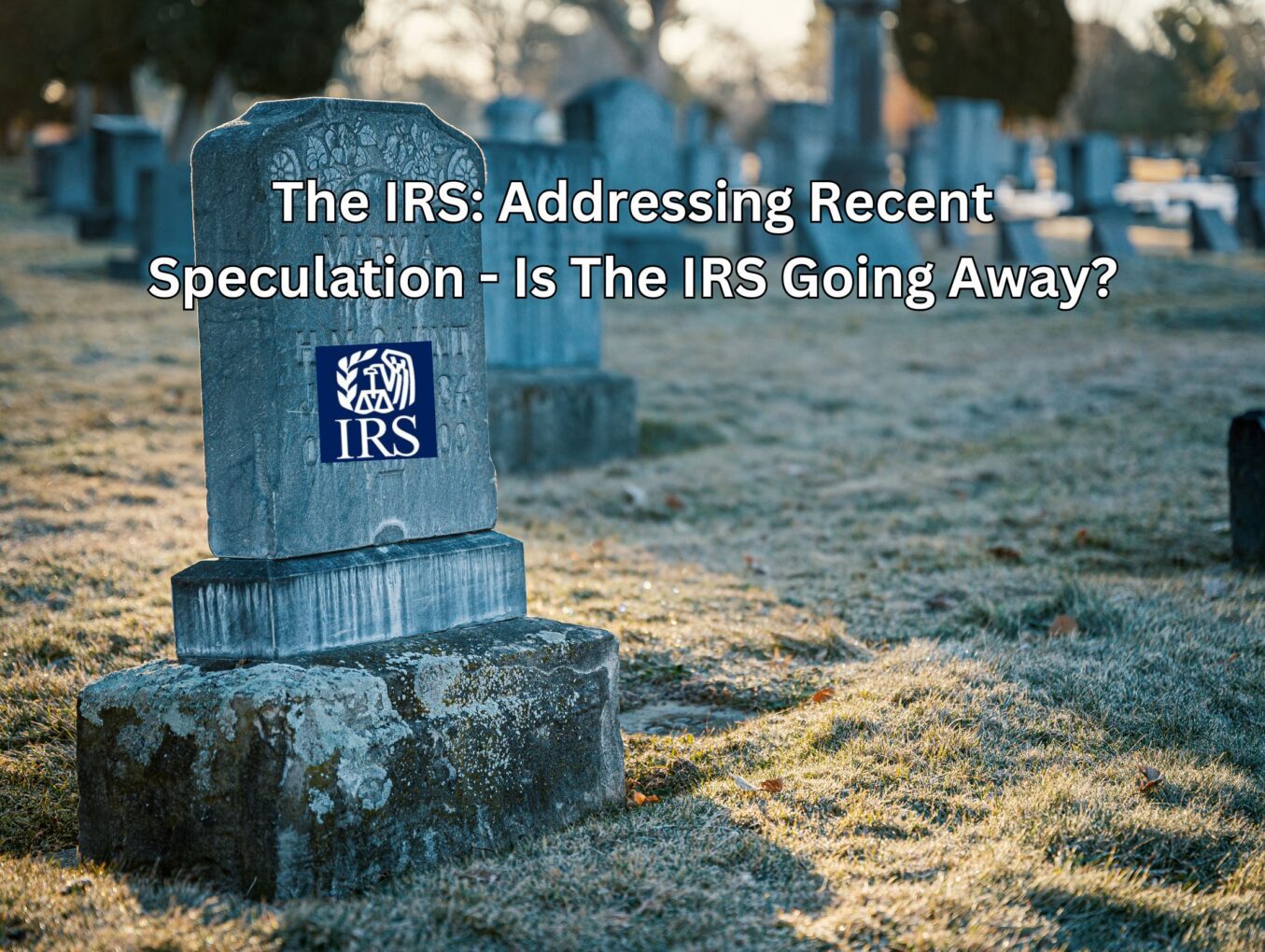Recent discussions, including those originating from prominent political figures and their supporters, have brought the idea of eliminating the Internal Revenue Service (IRS) and abolishing the federal income tax into the public eye.
These discussions, often fueled by a desire for a simpler tax system or reduced government oversight, raise concerns for taxpayers, especially those already grappling with IRS tax debt.
While such proposals might sound appealing on the surface, a closer examination reveals that their implementation is highly improbable for a multitude of practical, economic, and historical reasons.
The Deeply Rooted History of the Income Tax
The concept of a federal income tax is not a recent development. It was first implemented in 1862 to help finance the Civil War, though it was later repealed.
The modern income tax system as we know it was established in 1913 with the ratification of the 16th Amendment to the Constitution. This amendment granted Congress the power “to lay and collect taxes on incomes, from whatever source derived, without apportionment among the several States, and without regard to any census or enumeration.”
This constitutional foundation makes dismantling the income tax system an extraordinarily complex legal undertaking, requiring either a new constitutional amendment or a highly unlikely Supreme Court ruling that overturns a century of precedent.
The IRS: More Than Just Tax Collection
The IRS plays a far more significant role than simply collecting income taxes. It is responsible for administering and enforcing a vast array of tax laws, including those related to corporate taxes, estate taxes, excise taxes, and employment taxes.
The agency also plays a crucial role in administering social programs intertwined with the tax code, such as the Earned Income Tax Credit (EITC) and the Child Tax Credit (CTC), which provide vital financial assistance to millions of Americans.
Eliminating the IRS would necessitate the creation of another, possibly more complex, entity to handle these essential functions, creating a massive bureaucratic undertaking with uncertain outcomes.
The Economic Reality: Funding the Government
The federal income tax is the largest single source of revenue for the U.S. government. According to the Congressional Budget Office (CBO), individual income taxes accounted for approximately 50% of total federal revenues in fiscal year 2023.
Abolishing the income tax without a viable replacement would create a massive budget shortfall, potentially leading to drastic cuts in essential government services like national defense, education, healthcare, and infrastructure.
Alternative Tax Systems: Unproven and Potentially Regressive
Proponents of eliminating the income tax often suggest alternative systems, such as a national sales tax or a “FairTax.” These proposals, while theoretically possible, face significant hurdles.
A national sales tax would need to be extraordinarily high to replace lost income tax revenue, potentially burdening lower-income individuals who spend a larger proportion of their income on necessities.
Moreover, implementing such a tax on a national scale would be administratively complex and could face resistance from states that already rely heavily on sales tax revenue.
A comprehensive 2005 report from the George W. Bush administration’s tax reform panel, as highlighted in recent discussions, identified significant challenges and potential negative impacts associated with a national sales tax system.
The Importance of Tax Compliance in an Uncertain Climate
Regardless of speculation about the future of the tax system, the reality is that the IRS continues to operate, and tax laws remain in effect. Ignoring tax obligations, even with the hope that the system might change, is a dangerous gamble.
Unpaid taxes accrue penalties and interest, leading to a snowballing debt that can be difficult to manage.
Moreover, the IRS has powerful collection tools at its disposal, including wage garnishments, bank levies, and property liens.
Conclusion
While discussions about tax reform are a normal and healthy part of any democracy, the outright elimination of the IRS and the federal income tax is improbable due to constitutional constraints, the IRS’s multifaceted role in government functions, and the economic realities of funding the federal government.
For individuals and businesses facing IRS tax debt, the most prudent course of action remains proactive engagement with the existing tax system.
Seeking professional guidance can help you navigate complex IRS procedures, explore available relief options, and develop a sustainable plan for resolving tax liabilities.
Don’t let speculation distract you from addressing your current tax obligations. Contact us today for a free consultation and take the first step towards achieving financial peace of mind.
6 Simple Questions. Free Evaluation.

